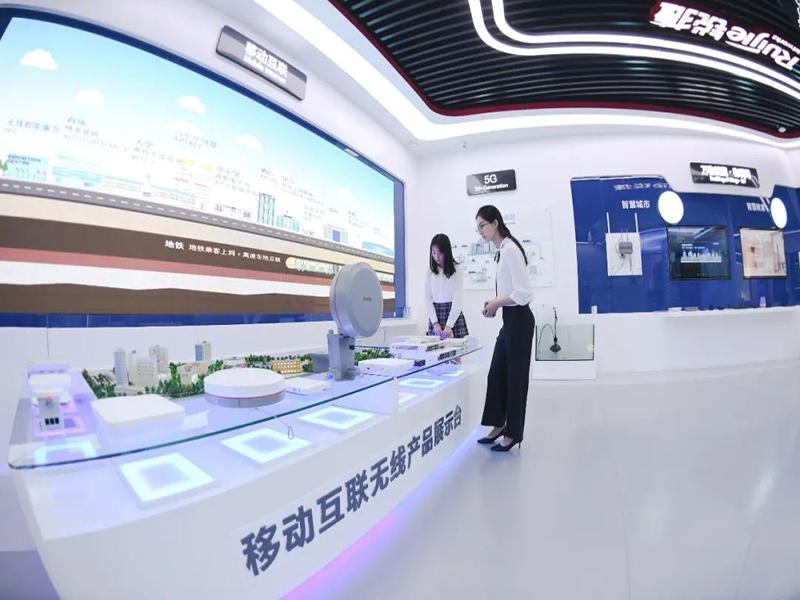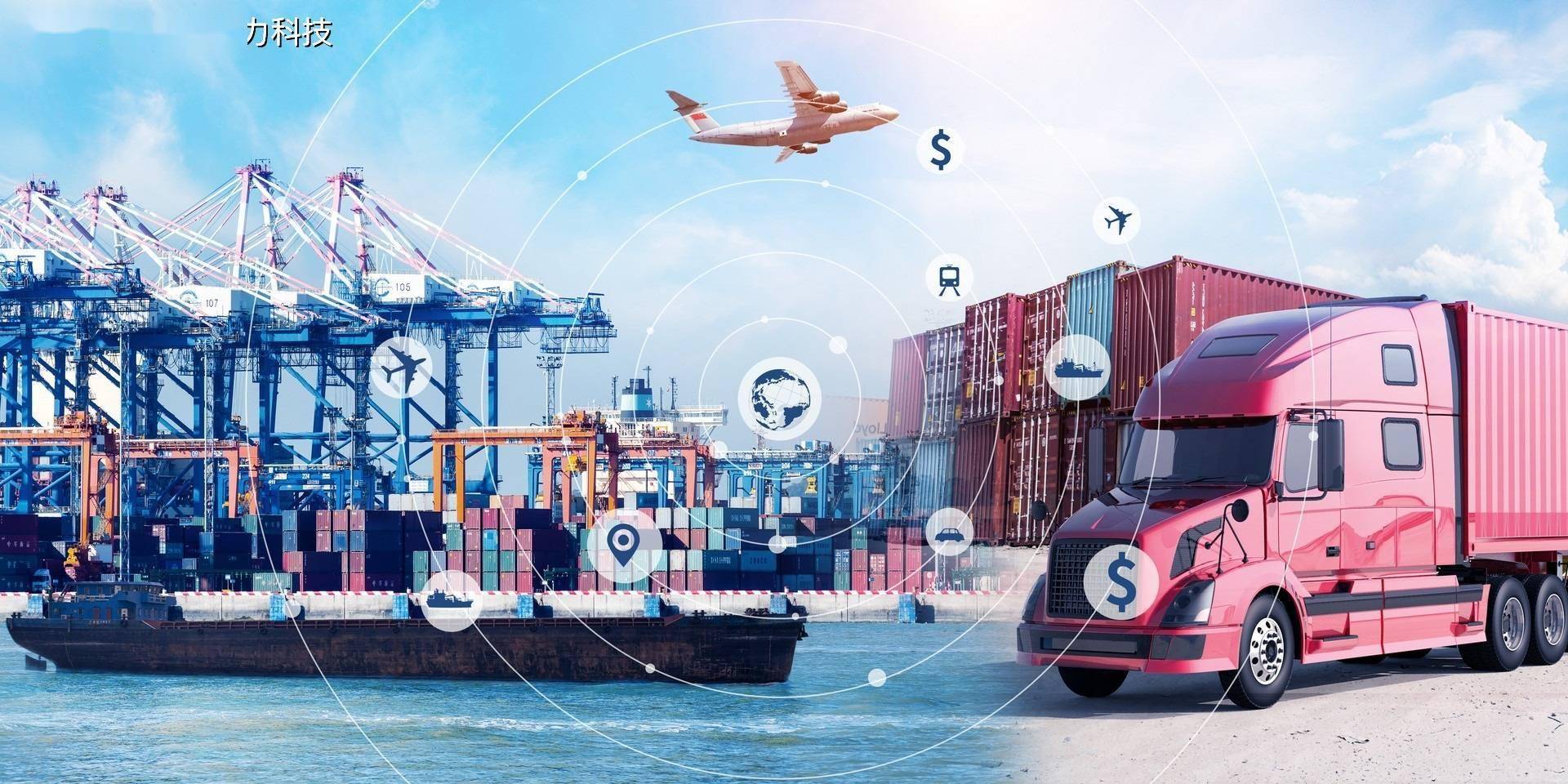The Decision of the Central Committee of the Communist Party of China on Further Comprehensively Deepening Reform and Promoting Chinese-style Modernization proposes to innovate and develop digital trade. As an important part of deepening the reform of foreign trade system, the high-quality development of digital trade is a systematic project, which is the result of comprehensive factors such as technology, management, production and foreign trade mode. Exploring more application scenarios in the field of digital trade and giving play to the driving role of digital trade in the transformation and upgrading of traditional trade is also an important driving force for the continuous optimization of the trade system.
Digital trade cannot be separated from the steady and orderly development of traditional trade, which is an important prerequisite for the innovative development of digital trade. To pursue new ways of trade and foster new forms of business does not mean blindly seeking innovation, still less starting from scratch. On the contrary, traditional trade can provide a broad space for the development of digital trade, and is a carrier to accelerate the generation of new momentum for foreign trade. Data show that in 2023, the import and export scale of services that can be digitally delivered in China reached 2,719.37 billion yuan, an increase of 8.5%. Many processing trade and its related service industry chain supply chains provide typical scenarios for the application of digital technology in traditional trade fields. Taking intelligent production as an example, the production system formed on the basis of a large number of user feedback and superimposed related technology applications will be more intelligent and sensitive, and can achieve an effective match with market demand, greatly improving production efficiency. With the change of consumer demand structure for products, a large number of personalized needs will continue to emerge, based on traditional trade to do a good job in digital technology empowerment, will provide key support for the solid development of digital trade and positive interaction with other trade forms.
To innovate and develop digital trade, we need to build platforms. At present, cross-border e-commerce is an important platform for the development of digital trade, and the relevant comprehensive pilot areas are also accelerating their exploration in terms of technology, management, and supporting security. In essence, the core role of the cross-border e-commerce comprehensive pilot zone in the development of digital trade is to provide media and platforms, improve the transaction efficiency of both supply and demand, and effectively avoid information asymmetry. The construction of the platform cannot be separated from the support of relevant digital technologies and data, but also needs to be well supported in terms of rules and systems, such as the collection and application of data in the whole production process and the effective protection of consumer behavior data. The more solid the platform construction, the greater the space for the innovation and development of digital trade. In addition, it is necessary to accelerate the cultivation of specialized and special new enterprises in the field of digital trade, and enhance the market layout ability of enterprises and international competitiveness.
Innovative development of digital trade and precise alignment of high-standard international economic and trade rules are crucial, which has a direct bearing on connectivity and sustainable development. There are two inherent requirements for accurate docking, one is to actively participate in relevant multilateral negotiations and extensively participate in the formulation of relevant rules for digital trade. Only in concrete practice can we better grasp the high-standard economic and trade rules and make good use of them to serve the development of China's digital trade. The second is to timely summarize the practical difficulties encountered in the process of docking high-standard economic and trade rules, and solve problems one by one in light of the actual industrial development to improve the docking efficiency. The compatibility of rules is a difficult problem that many countries often encounter when conducting multilateral and bilateral negotiations on economic and trade rules. The key to overcome this problem is to do a solid scenario analysis and put forward concrete and feasible solutions. At present, we are exploring and innovating in key areas such as e-commerce, cross-border data and cross-border finance, selecting sub-sectors as pilot test carriers, and carrying out relevant tests and simulations. These are all necessary links and beneficial accumulation in the process of docking high-standard international economic and trade rules and promoting the development of digital trade. Places with conditions should be encouraged to study and introduce local regulations on digital trade on the basis of summarizing experience, strengthen the construction of digital trade rules, and continue to broaden the openness of digital trade.
From the perspective of accelerating the formation of new driving forces in the field of foreign trade, the innovative development of digital trade also needs to strengthen institutional guarantees in the two dimensions of service and management. To provide good services is to improve existing measures in terms of contacting enterprises, facilitating customs clearance, and smoothly connecting production and sales, and to adjust and optimize them in a timely manner according to the actual situation of industrial development. Good management is to improve the relevant regulatory rules and systems, strengthen the protection of relevant intellectual property rights, effectively safeguard the legitimate rights and interests of platforms and enterprises, and create an industry development environment for orderly competition. It is necessary to continue to make efforts in product quality supervision, better play the leading role of institutional standards, improve the reputation of "Made in China", and enhance the competitiveness of foreign trade export commodities. The whole service and management plate involves a number of links and processes, and the content is complicated. In the promotion process, we should adhere to the concept of system, coordinate and promote various work, encourage all localities to develop local digital trade according to local conditions, and promote good experience in a timely manner.













